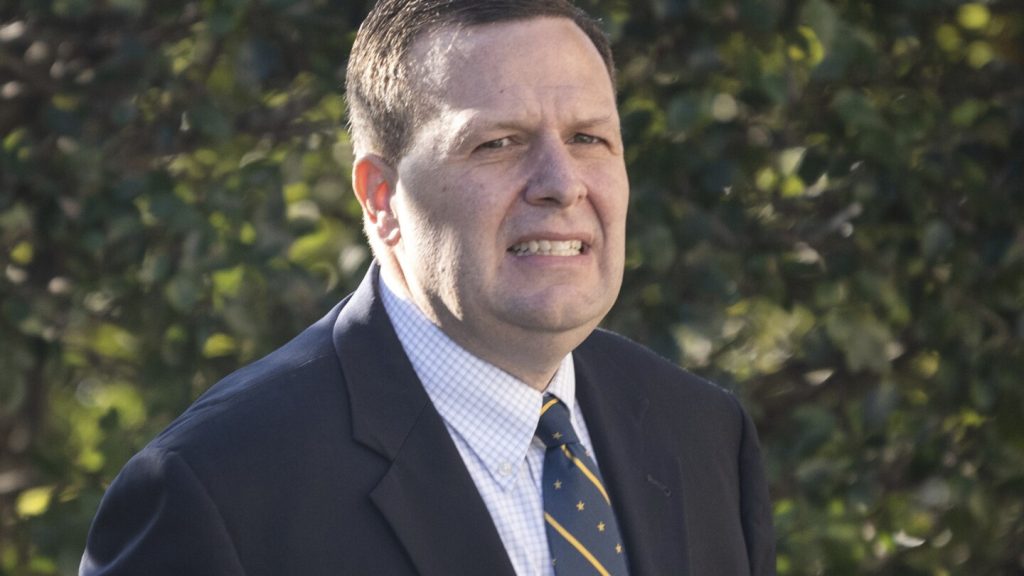The Supreme Court overturned the bribery conviction of former Indiana mayor James Snyder in a 6-3 decision, with the majority opinion stating that the law criminalizes bribes given before an official act, not rewards given afterwards. Justice Brett Kavanaugh highlighted the difficulty in distinguishing between problematic gratuities and commonplace rewards, especially for state and local officials who may have other jobs. The decision marks a trend of the court narrowing the scope of federal public corruption law, following previous decisions that limited the government’s ability to prosecute public corruption cases.
In a dissenting opinion, Justice Ketanji Brown Jackson criticized the majority for ignoring the wording of the law aimed at combating public corruption, describing Snyder’s reading of the statute as “absurd and atextual.” The decision follows previous cases where the court restricted the use of broad federal laws to prosecute public corruption, including overturning the bribery conviction of former Virginia Gov. Bob McDonnell in 2016 and limiting the use of an anti-fraud law in the case of ex-Enron CEO Jeffrey Skilling in 2010.
The Supreme Court’s decision comes at a time when the court itself has faced criticism for undisclosed trips and gifts from wealthy benefactors to some justices, leading to the adoption of its first code of ethics without an enforcement mechanism. Snyder, who was removed from office in 2019 upon his initial conviction, has maintained his innocence, claiming that the money he received from a trucking company was payment for consulting work. His attorneys argued that prosecutors failed to prove a “quid pro quo” exchange agreement before the city contracts were awarded.
The Justice Department argued that the law was intended to cover gifts given “corruptly” to public officials in exchange for favored treatment. However, Kavanaugh, writing for the majority, disagreed, expressing concerns that interpreting the law in that way would create challenges for state and local officials and subject a large number of public officials to a new regulatory regime. The decision highlights the complexity of laws surrounding public corruption and raises questions about the ability to effectively prosecute such cases. Follow the AP’s coverage of the U.S. Supreme Court for further developments on this issue.


